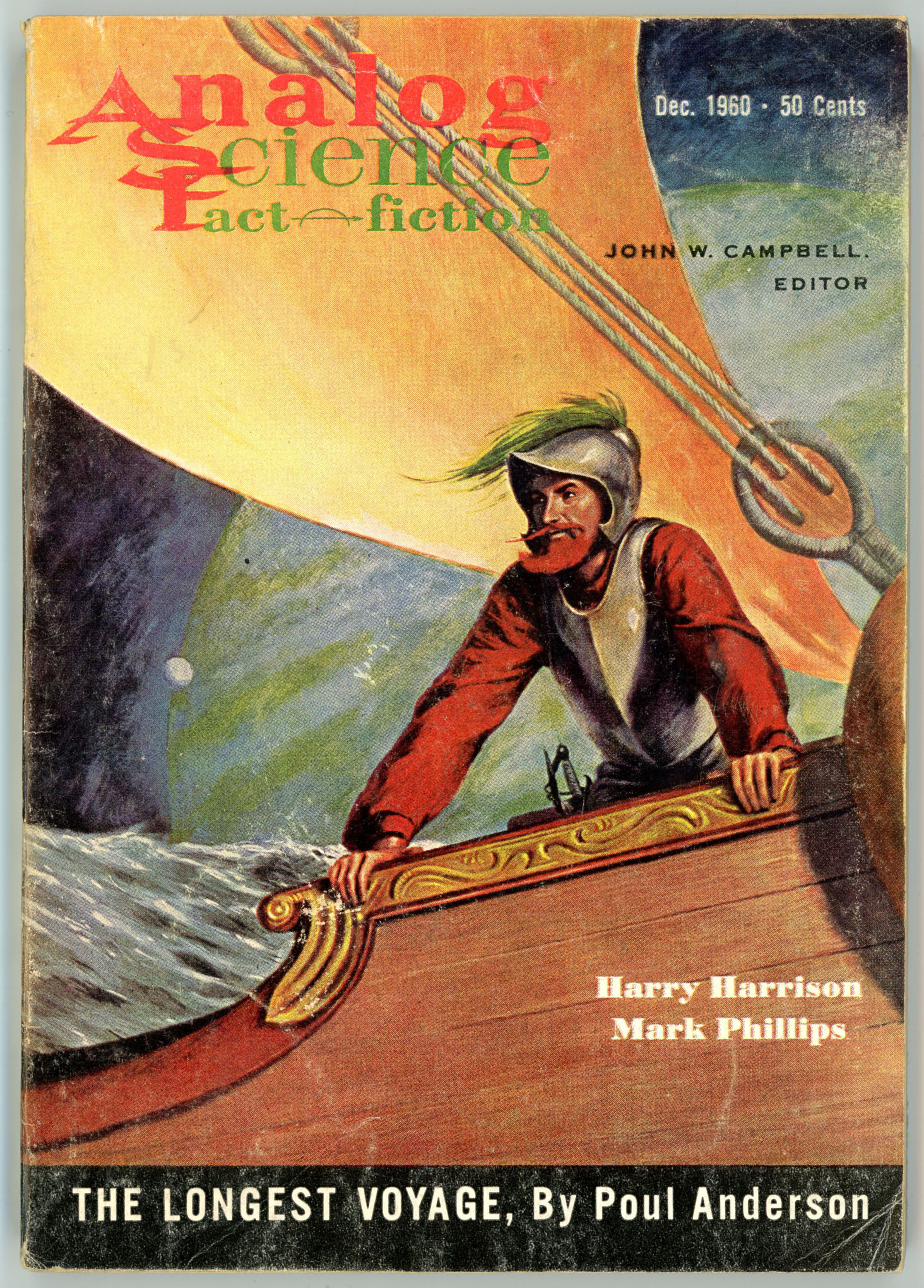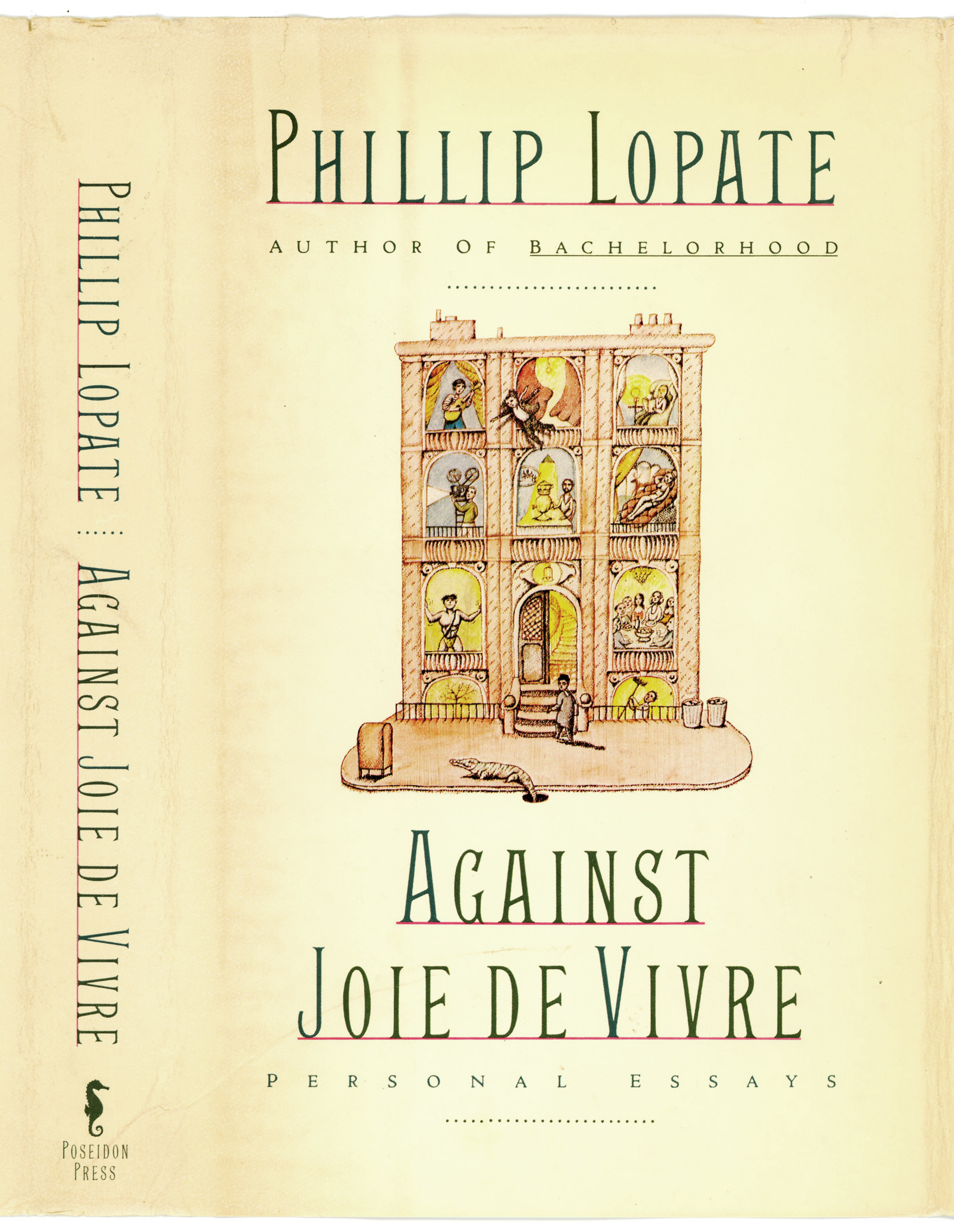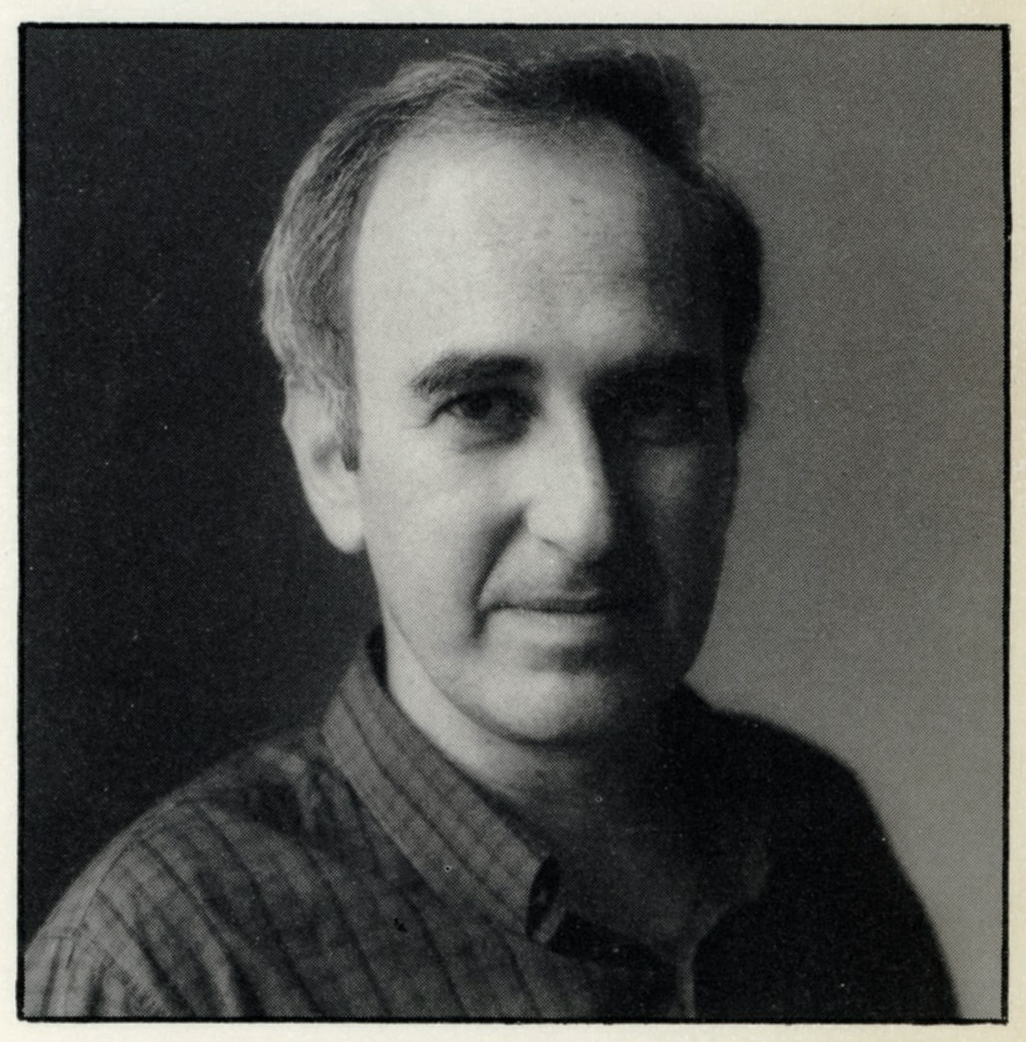“What about Jerusalem?” I ask.
“What about it?”
“You didn’t mention giving that up.”
“No,” he says, “and we never will.
It’s our historic capital.
And then there’s the Wall.”
“What do you care about the Wall if you’re not religious?”
“I’ve been thinking about that.
When we captured it, I wept without knowing why.
Why did the early Zionists, who were atheists, insist on returning here?
Herzl, as you know, was offered Uganda as a Jewish national home,
but the Sixth Zionists Congress refused to consider it.
It has to be the land of Israel or nothing.
“It was as if they unconsciously assumed that a covenant between the Jews and God still existed.
Deep down we feel the same way.
It’s depressing.
You’d think that by now we’d be finished with Him once and for all.”
He absent-mindedly raises his forefinger and strokes his clean-shaven upper lip.
“Bus is it possible to create a human civilization without Him?” he says.
“That’s the question.”
– Hugh Nissenson
(From “Victory: A Journal”, originally published in Notes From the Frontier, 1968)
______________________________
 Cover Illustration by Hugh Nissenson
Cover Illustration by Hugh Nissenson
______________________________
Contents
The Blessing
The Groom on Zlota Street
The Well
The Law
Israel During the Eichmann Trial: A Journal
The Prisoner
Charity
A Pile of Stones
Victory: A Journal
Going Up
The Throne of God
The Crazy Old Man
Forcing The End
The Elephant And My Jewish Problem: A Journal
In The Reign of Peace
Lamentations
Under Siege: A Journal
Exile: A Journal
The Pit: A Journal
______________________________









